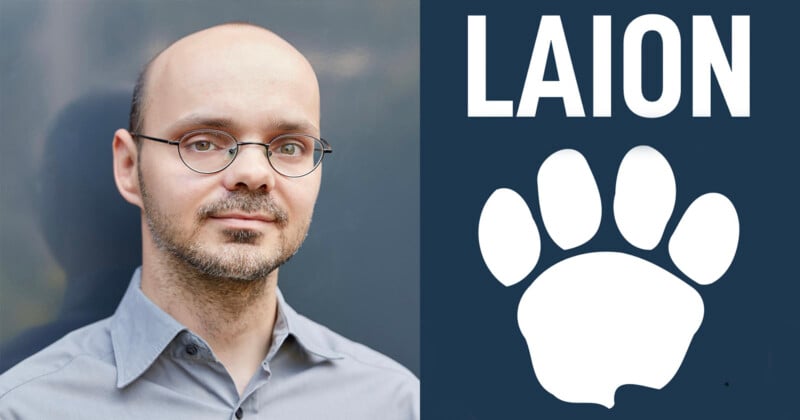
A German court has ruled against a photographer who sued the AI image dataset company LAION in a case that could have big implications.
In April 2023, stock photographer Robert Kneschke discovered “heaps” of his photos in one of LAION’s large image repositories used by major tech companies to train AI image generators with. Kneschke requested his photos be removed from the dataset but LAION denied holding copies of his photos saying it “only maintains a database containing links to image files that are publicly available on the internet”.
The dispute between the two parties wound up in the Hamburg Regional Court where on Friday the court ruled that LAION benefited from the exception of copyright infringement under Section 60(d) of Germany copyright law. A proviso that allows privileged research organizations to reproduce works even if granted an opt-out by the author of the work, according to Norton Rose Fullbright.
In its decision, the court says that because LAION releases its dataset for free, it is considered non-commercial and for scientific research.
“The fact that the dataset in dispute may also be used by commercially active companies for training or further developing their AI systems is, however, irrelevant for the classification of the defendant’s activities,” the court says, per TechnoLlama.
“The mere fact that individual members of the defendant also pursue paid activities for such companies in addition to their activities for the association is not sufficient to attribute the activities of these companies to the defendant as their own.”
A counsel from Norton Rose Fulbright, Ronak Kalhor-Witzel, tells The Global Legal Post that the decision is “somewhat surprising.” Without getting into the weeds of German copyright law, Kalhow-Witzel was expecting the judge to rule on a different section of the German Copyright Act which looks at valid opt-out terms.
Kneschke calls the judgment “strange” and says he is considering appealing the judgment.
Wider Implications
Kalhor-Witzel tells The Global Legal Post that the ruling will raise concern among the photographic and wider creative community.
“This is because Section 60(d) limits the control creators have over their works and therefore many photographers and others may find it troubling that Kneschke was unable to prevent the use of his photo even in circumstances where the court seemed willing to accept that he had exercised his right to opt-out of the general text and data mining exception,” says Kalhor-Witzel who is based in Munich.
She also tells the legal trade publication that the ruling could affect the upcoming EU AI Act.
